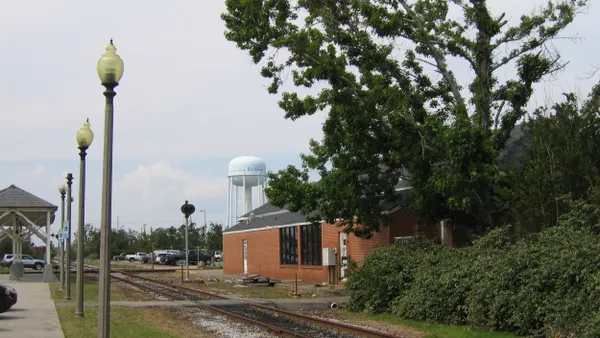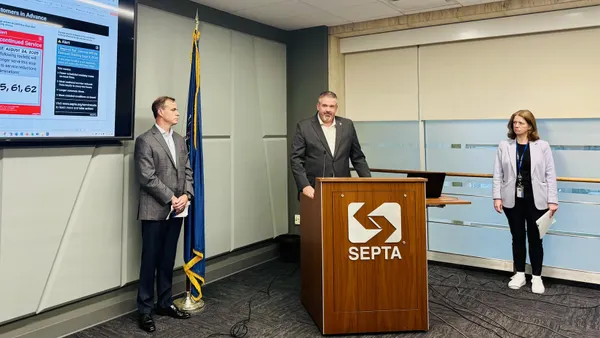Dive Brief:
- The provincial government of British Columbia intends to introduce legislation next spring requiring all light-duty cars and trucks sold in the province to be electric or zero-emissions by 2040.
- The government is taking action on three main measures to prepare for the transition: increasing the zero emissions vehicle (ZEV) incentive program by $20 million, for a total of $57 million; reviewing the incentive program and aiming toward future expansion, especially for middle and lower income British Columbia residents; and expanding the number of electric (EV) fast chargers in the provincial network to 151 sites, 71 of which already are completed or underway.
- The ZEV sales targets will be phased in on a schedule of 10% by 2025, 30% by 2030 and 100% by 2040.
Dive Insight:
The British Columbia government's plan is well thought out in that it not only puts forth a zero emissions vehicle mandate, but it also addresses challenges for EV adoption from the outset. For example, a lack of charging resources is a major barrier for people interested in purchasing an EV.
Cost is another huge barrier to EV adoption. ZEVs usually carry higher price tags than fossil fuel-powered vehicles and sometimes are considered viable only for those who are well-off. Creating incentives for EVs puts their purchase within the realm of possibilities for a wider group of people. Plus, the British Columbia government intends to expand the incentive program to further widen the group that can afford an EV, aiming to make it a possibility for middle and lower income citizens. As of now, low-income citizens rarely own an EV — both in Canada and around the world.
“If we want British Columbians to be part of the solution for reducing air pollution, we need to make clean energy vehicles more affordable, available and convenient,” British Columbia Premier John Horgan said in a statement.
Hogan noted that the ZEV initiative is the first major policy commitment to meet British Columbia’s climate goals. More details will be revealed when the legislation is introduced, which is expected next spring.










